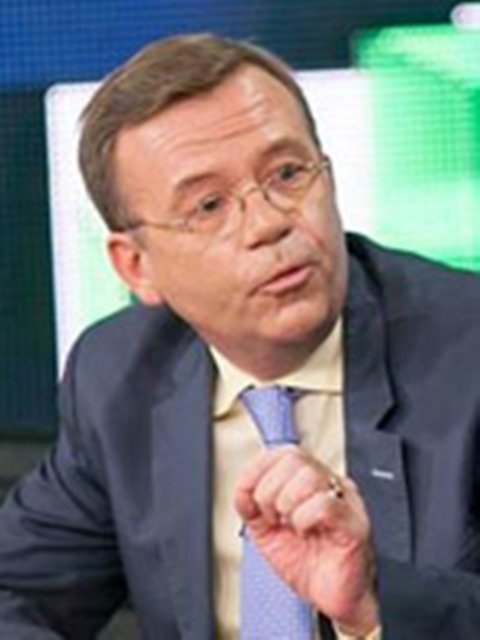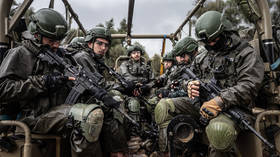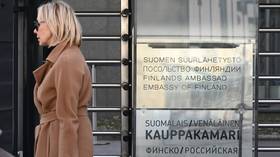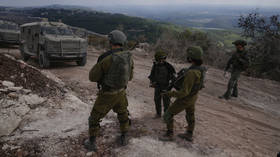Journalistic malpractice & the dangers of Russia-bashing
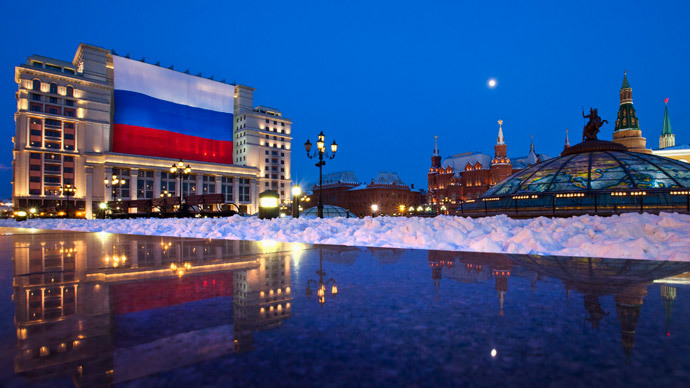
Sochi on my mind: It is hard to think of an issue more politicized in Western media than the topic of Russia. It is commonplace to hear, read, and watch media reports claiming the worst possible things about Russia and Russians.
Criticisms are magnified even more when the subject is Vladimir Putin. While Russia does have a long list of issues to grapple with (like just about every other country in the world), the kind of media coverage it receives in turn engenders a serious security threat to the international system. Russia bashing is dangerous for us all.
Whether one likes it or not, Russia is an important power in the world. Having a seat on the UN Security Council confirms its voice will be heard. In fact, Russia often represents the concerns of most of the globe on the Security Council, although this is hardly ever pointed out by the western powers on the Council, particularly the United States. Russia is not a spoiler; rather it holds back the unilateral tendencies held by those in Western capitals. It is almost unthinkable that anyone in the mainstream would ever inform audiences of this reality.
It is quite remarkable, after the incessant demonization Russia gets from mainstream media, that the Kremlin continues to work closely with the West on issues that impact geopolitical stability, i.e. Afghanistan, Iran, Syria, nuclear proliferation, terrorist threats, food security, and the narcotics trade. Western publics rarely, if ever, learn about these kinds cooperation from their media. This is truly regrettable.
The level of journalistic malpractice committed against Russia blinds Western electorates, poisons public opinion, and emboldens the reckless political class. The denigration of the Sochi Games was to be expected. Cheap shots, lazy reporting and maniacal commentary are a form of entertainment served up by Western mainstream media. The Games have come and will soon pass into history. But their impact will be felt long after.
While the media spotlight is on Sochi, other places and events in the world demand our attention. Ukraine is in political deadlock and is teetering on the brink of becoming a failed state. Western audiences are told it is all "Putin's fault." The fact is we have irrefutable evidence ('Nulandgate') Washington is stoking the flames of division in Ukraine. Before the violence in Kiev, Russia called for trilateral consultation involving Ukraine, the EU, and Russia.
Needless to say, mainstream media is very reluctant to inform its audiences of this. Instead, the narrative invented and spread by the Western mainstream is how the West wants to save Ukraine from its "evil neighbor." This is a recipe for disaster - and possible (though completely unnecessary) conflict involving the West and Russia.
There are many other issues, like Ukraine, that western media dwell on with a specific and intentional anti-Russia bias (such as Syria, Iran, and Afghanistan). When publics are not informed or poorly informed, serious policy mistakes can be made. Russia has its own geopolitical interests, often divergent from the geopolitical interests of the West. However, these differences should not be reported as a binary of "good vs. evil." Doing so is irresponsible and a dereliction of journalistic duty.
The Sochi Games should be about athletic excellence and the sense of fair play, and not an exercise to bash Russia when it is reaching out to the world in good faith. Western journalists should take a good look at themselves - where is their good faith?
Peter Lavelle is host of RT’s “CrossTalk” and “On the Money.”
The statements, views and opinions expressed in this column are solely those of the author and do not necessarily represent those of RT.
The statements, views and opinions expressed in this column are solely those of the author and do not necessarily represent those of RT.
